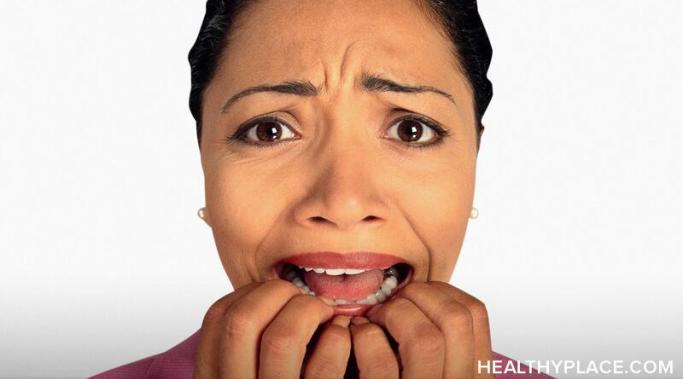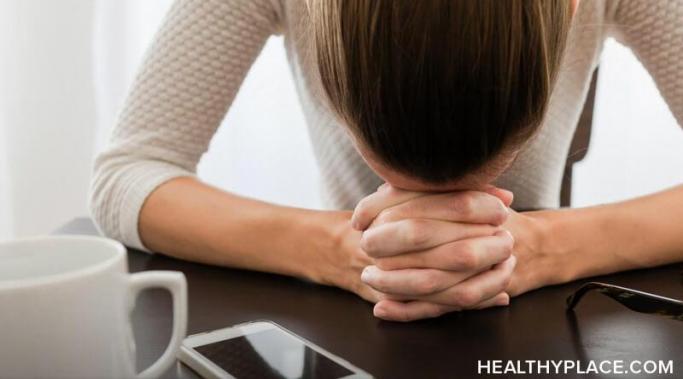When you are chronically anxious, one of the effects you might often deal with is feeling exhausted. Depending on the situation, if I have experienced a very stressful situation, I tend to feel exhausted when my body starts to wind down from the physical effects of stress. And so, I might find myself quite fatigued from anxiety, but at the same time, I might have a hard time sleeping as well, also because of anxiety. So it becomes a cycle of inadequate sleep and anxiety that seems to be never-ending. Then, if I haven't gotten a good night's rest for a long time, what I find is that I deal with the effects of fatigue. This includes having a hard time concentrating and having a hard time focusing. I also find that it affects my memory, and it affects my mood as well. Ultimately, fatigue can affect me in several ways.
Anxiety Management – Treating Anxiety
When I feel anxious, I tend to be very aware of the multiple anxiety symptoms I experience, including struggles with my confidence. However, because anxiety is something I've struggled with for years, this also means that keeping my self-confidence and self-esteem up has been a struggle for me for years as well.
The start of a new year usually brings new goals and resolutions, but anxiety can sometimes be a barrier to actually accomplishing those goals. Because of my anxiety, there have been many times that I have established New Year's resolutions that I had every intention of following, only to find myself unsuccessful at following through for one reason or another.
The holidays are supposed to be full of cheer and celebration. But for so many of us, they are a time of increased stress and anxiety. This can result from a number of things, such as feeling as though there is not enough time, pressure from upcoming family gatherings, gift-giving, holiday travel, and financial worries related to all of the above. We also tend to see quite a bit on social media of what the holidays are supposed to look like, even though we know it is often not an accurate depiction of what the holidays are like for most of us. And now, due to the pandemic, there is the added stress of how these current times impact the holiday season.
I think one of the most difficult aspects of coping with anxiety is dealing with the fear that is inherent to this experience. While fear and anxiety are not necessarily the same thing, they typically walk alongside one another, and that is why it can be helpful to analyze one in order to understand the other.
Here we are in the second holiday season of the pandemic. Even though things have changed over the past year, there are still many areas of uncertainty and things that are anxiety-provoking. Dealing with anxiety during the holidays becomes vital, and particularly during these uncertain times.
One of the things I hear most often from students I work with is that it is hard for them to say "no" to others. It is something that I have also found difficult for my own anxiety, for fear that it can lead to conflict or upsetting someone. So, I will end up with more on my plate than intended, having a hard time managing my time and balancing responsibilities, and feeling anxious because I felt like I was being pulled in several different directions.
Using technology can sometimes contribute to your anxiety. Have you ever wondered if your anxiety levels would be different -- such as whether you would experience more or less anxiety -- if your use of technology was different?
One of the things that will often trigger my anxiety is feeling as though there isn't enough time. Lately, I've taken on quite a few tasks. As a result, I've felt the pressure of feeling like there aren't enough hours in the day. When this happens, I start to notice that I feel irritable, that my thoughts race, I have a hard time sleeping, and I feel generally overwhelmed.
Racing, overwhelming thoughts are a common symptom of anxiety, and it can be difficult to deal with them when it feels like they’re spiraling out of control. I know that when I am anxious, I am overcome with anxious thoughts that I try to control but can’t. We often hear about or talk about strategies to control anxiety, including stopping negative thoughts or changing negative thoughts into positive ones. But what happens when you can't control your thoughts?









